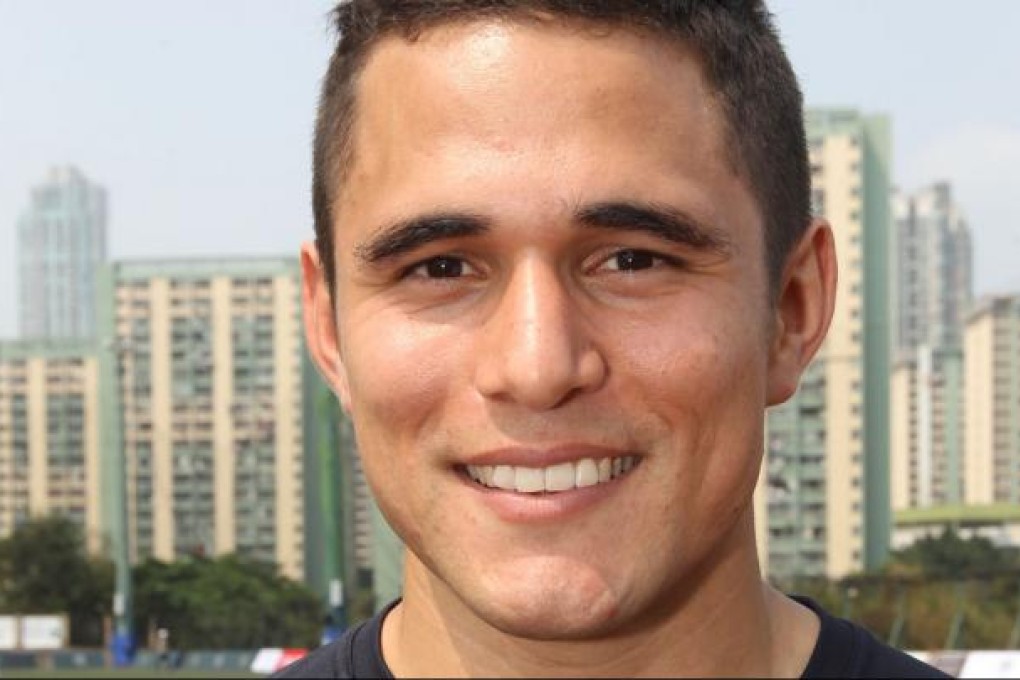Opinion | A valuable lesson out of Africa
HK sevens team got a harsh dose of reality in Harare last week, but it is from setbacks like this that real progress can be made

There is this hunch gnawing at the back of my mind that Hong Kong coach Dai Rees opted for the long haul to Harare last weekend to take part in Zimbabwe's international rugby sevens tournament so as to temper the growing expectations that the city's team will be playing in the HSBC Sevens World Series next season.
Such talk is premature as proven by the results that came out of Africa - Hong Kong losing to a second-string Kenyan outfit on day one followed by a thrashing at the hands of the home team in the Cup quarter-finals. The crushing 35-7 loss has well and truly deflated any belief that all the Asian sevens champions had to do was to show up at the London Sevens in May and grab one of three core spots available for the world series.
I suspect Rees knew that Rowan Varty and his men would not be geared for sevens rugby as yet - they were still in 15s mode with the season just having ended days before the team departed for Harare - and that the trip would serve its purpose: a perfect "wake-up call". There is nothing like travelling thousands of kilometres to learn such a harsh lesson. The 24-hour trip back home would have been spent by the players reflecting on this lesson.
If this was what Rees had in mind, then well done to him. In the bigger picture, it will also open the eyes of all to the many obstacles Hong Kong face as they bid for a place at the top table, which if successful could change the very fabric of the game locally.
First, the calibre of the opposition must be taken into account. On paper, it looks as if the four teams who look favourites to qualify from the Hong Kong Sevens pre-qualifying tournament next weekend will be Tonga, Japan, Russia and Zimbabwe. They will join the three teams at the bottom of this season's world series standings, plus Hong Kong - who have automatically qualified for the London Sevens by virtue of being Asian champions - in the eight-team competition in London to decide the three new core teams for next season.
Right now, we have the likes of Portugal, Spain and the United States propping up the series' standings. The teams demoted will be highly competitive, having gone through an entire season of playing with the big boys. So looking at the opposition Hong Kong are likely to face in London, it will not be an easy task. The visit to Harare has just magnified that mission.